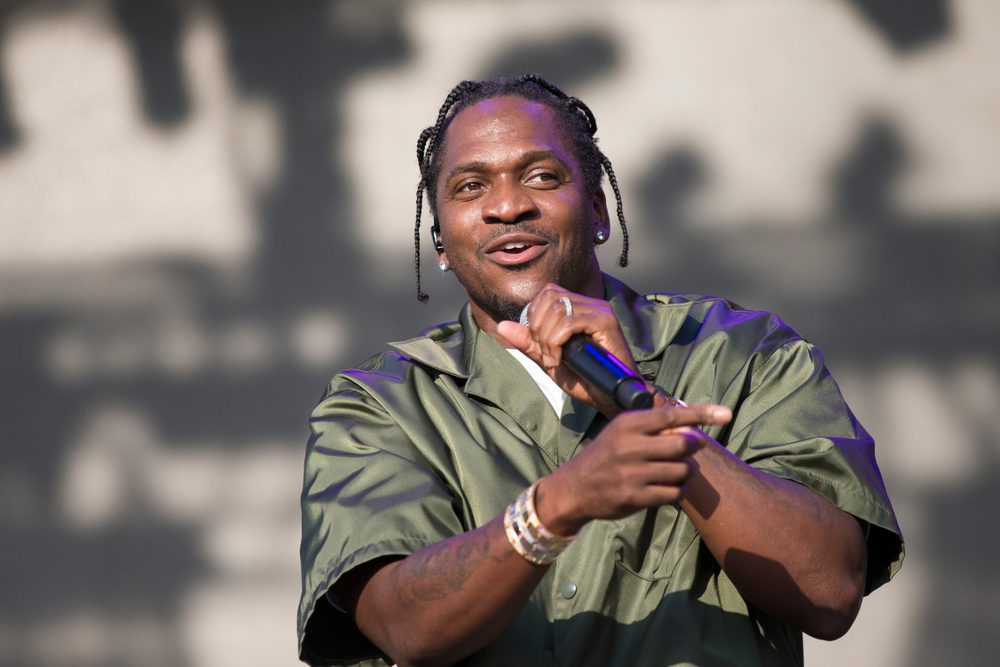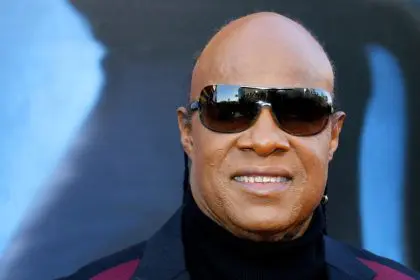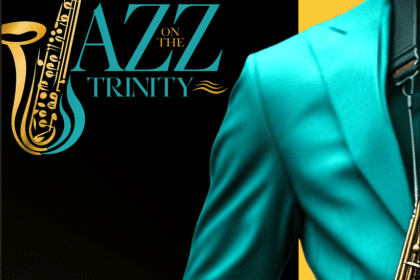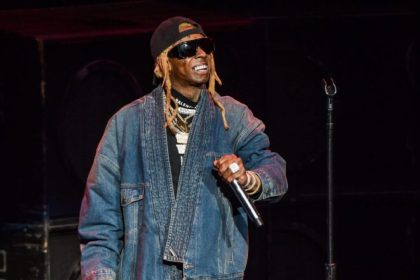It was confirmed this week that singer-songwriter Justin Timberlake is launching a co-headlining tour this summer with hip-hop superstar Jay-Z. The duo are currently riding high on the success of their new single, “Suit & Tie,” which is Timberlake’s first commercial release in over five years. Despite the lengthy silence Timberlake has benefited from the lingering genius of his Timbaland-produced 2006 album, FutureSex/Lovesounds, and his fans have eagerly hoped for the boy band alum’s return to popular music. Obviously, his comeback has received an enviable amount of attention from both fans and music media.
Timberlake receives a fair amount of criticism from those who feel that he, and artists like him, are examples of the music industry’s preference for “white-washed” black culture. The belief is that major labels would much rather have a blue-eyed soul singer than a regular ol’ black soul singer or a white trash rapper spitting rhymes about trailer parks and popping Xanax as opposed to the standard-issue emcee of the Negroid variety.
While being white and doing black music doesn’t guarantee mega-crossover success by any means (anyone who’s familiar with Teena Marie or Mayor Hawthorne’s careers can attest to that), there is a glaring double standard in the way that the music industry embraces and promotes white artists that perform hip-hop and R&B while neglecting black artists operating in a more rock or alternative sphere.
Black rockers have often complained about industry “experts'” claims that they can’t sell their music because they don’t sound “black enough,” yet there are several examples in contemporary music where black rock artists or black artists recording rock songs resulted in huge commercial success. Virtually the entirety of Prince’s catalog from 1980’s Dirty Mind to 1988’s LoveSexy fit comfortably onto the pop-rock radio, and Michael and Janet Jackson both recorded huge rock hits in the 1980s — from “Beat It” to “Black Cat.” Much of Terence Trent D’arby’s late ’80s material was as much pop-rock as George Michael’s.
Also in the late ’80s, undeniably “rock” artists like Lenny Kravitz and Living Colour were selling millions of albums to white audiences yet this did not lead to the floodgates being opened for black rockers heading into the 1990s. Tracy Chapman was an earnest singer-songwriter in the Joni Mitchell mold, but there was no explosion of folkie black singers on the charts after her debut album sold six million copies.











